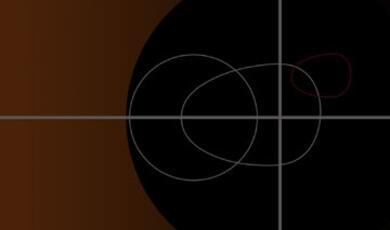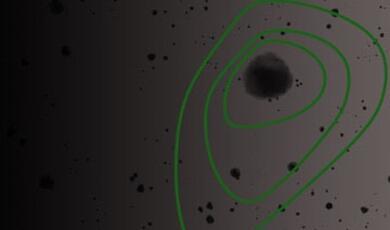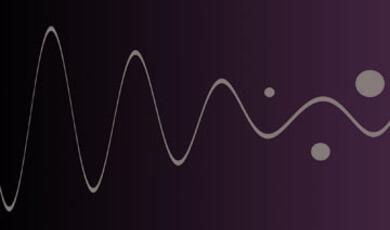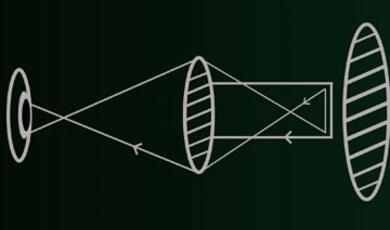This lecture series by Professor Joseph Silk explores the dark side of the cosmos and how the universe began.
The most compact objects that shine in the universe are neutron stars. Black holes are even more compact objects that we view indirectly as matter accretes and heats up around them. Professor Silk describes the state of our knowledge of neutron stars and black holes, and how new observations of gravity waves are poised to revolutionise this field.
The dark side of the universe is pervasive. Most of the matter in the universe is dark, most of the energy in the universe is dark. Many searches are underway, on mountain peaks, in deep underground mines, and in space, to discover more about dark matters. Many new telescopes are being constructed on high mountaintops and in space to search for traces of dark energy.
Where did we come from? This question has intrigued human thought forever. Professor Silk explores the modern scientist’s view of the origin of the cosmos. Here is the sequence: from an uncertain beginning, due to limitations in our knowledge that arise from our ongoing search for a theory that unites quantum theory with gravity, to a primordial ball of fire. Glowing embers condensed from the expanding and cooling fireball to form the billions of galaxies and stars that glitter in the night sky.
The Moon is undoubtedly the next frontier for humanity. The international space agencies are lining up to pursue lunar projects and even develop lunar bases. The potential of the Moon is already attracting interest for industrial applications, including mining and tourism. It is essential to avoid many of the mistakes we have made on the earth as we plan the future of lunar exploration.
The first telescope was designed in 1608 in the Netherlands and first pointed at the heavens by Galileo a year later. The greatest discoveries since the pre-telescope era have been that of the existence of many other planets around distant stars, and the vastness of the universe. So much has happened since 1608, yet many of the questions about our cosmic origins still remain. There is much in the universe we will never know, and it is equally certain that we will never know all that we do not know. This dilemma has not stopped cosmologists, philosophers and even theologians from exploring and going beyond the limits of space and time.


 Login
Login






